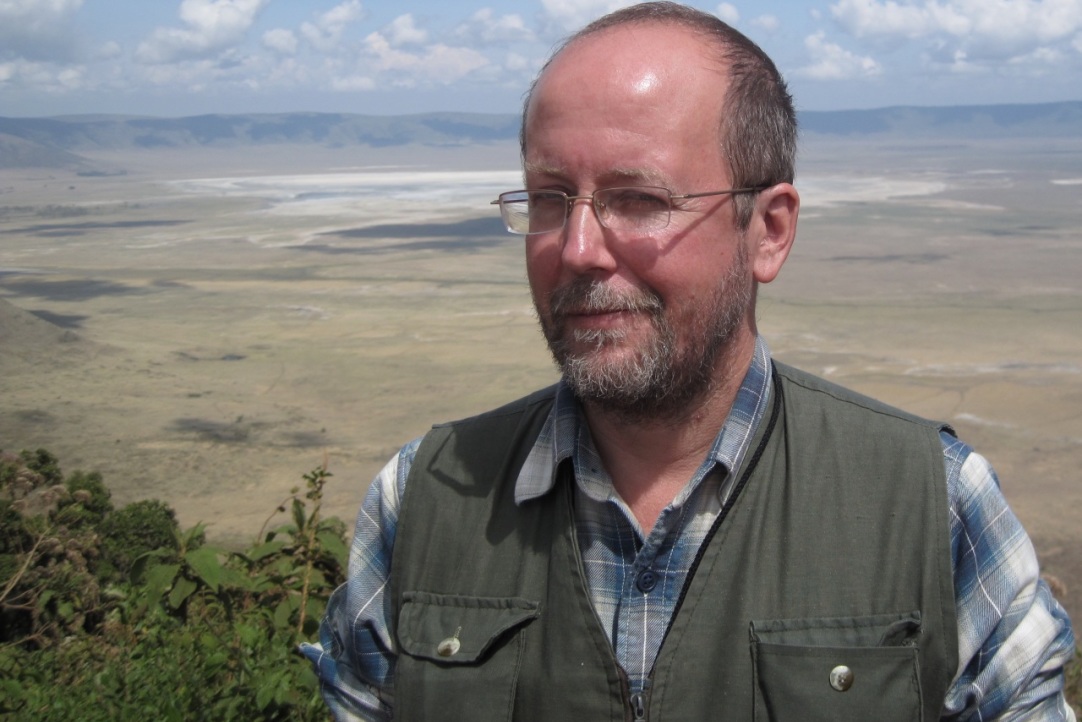
‘We Live in a Decelerating World’
The seemingly high rate of technological growth is illusory: the world is slowing down and will continue to do so long into the future. HSE scholars predict that the ‘technological singularity’ will occur in 2106 and that, contrary to what some expect, it will not mark the apotheosis of progress. Here, Andrey Korotayev, Leading Research Fellow, Head of the HSE Laboratory for Monitoring the Risks of Socio-Political Destabilization and a co-author of this study tells IQ.HSE why global acceleration is now a thing of the past, prognosticators are unafraid of ‘black swans,’ and the coronavirus will not rewrite human history.
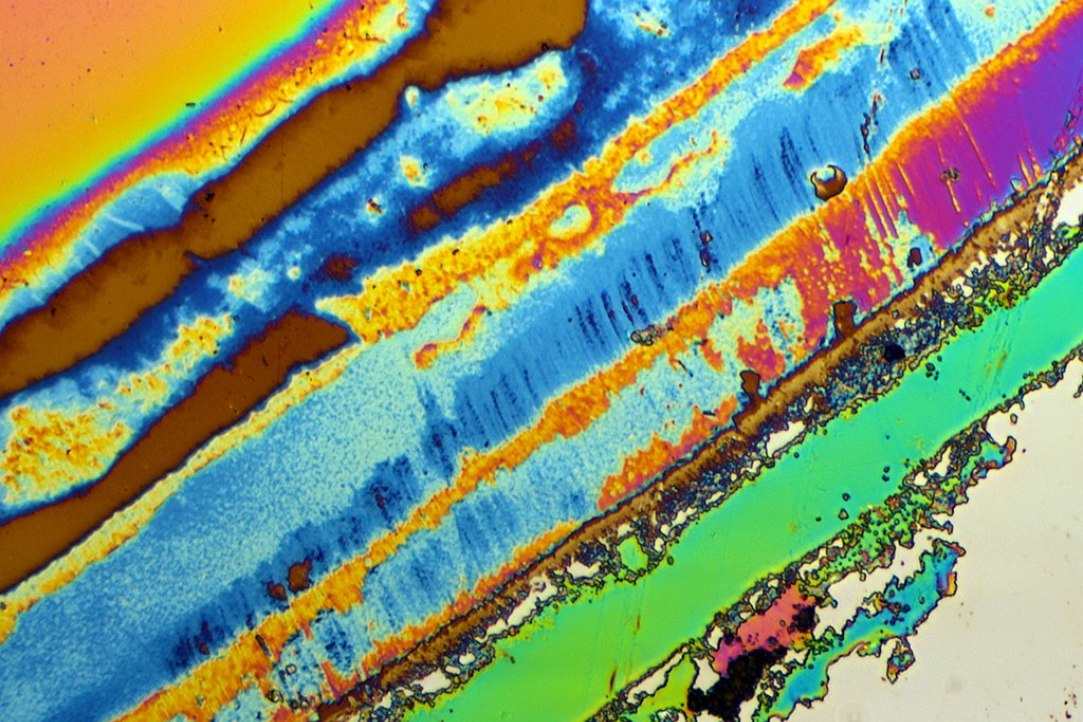
Polymer Films Pass Electron Gun Test
HSE researchers, jointly with colleagues from the RAN Institute of Organoelement Compounds and the RAN Institute of Physical Chemistry and Electrochemistry, have studied the properties of a polyarylene ether ketone-based copolymer (co-PAEK) for potential space applications. Co-PAEK films are highly resistant to electrostatic discharges caused by ionizing radiation and can thus be used as protective coating for spacecraft electronics. The study findings have been published in Polymers.

Russia’s Tech Hubs: What are Russia’s ‘Technocities’ Producing?
Over half of inventions patented in Russia over the last decade have been created only in 11 cities. A study by HSE ISSEK experts calls these tech hubs ‘technograds’. Here is what they are and what they do.

Researchers Teach Neural Networks to Recognize Similar Objects on Videos without Accuracy Degradation
Andrey Savchenko, Professor at HSE University, has developed a method that can help to enhance image identification on videos. In his project, a network was taught by a new algorithm and can now make decisions on image recognition and classification 10 times faster than before.
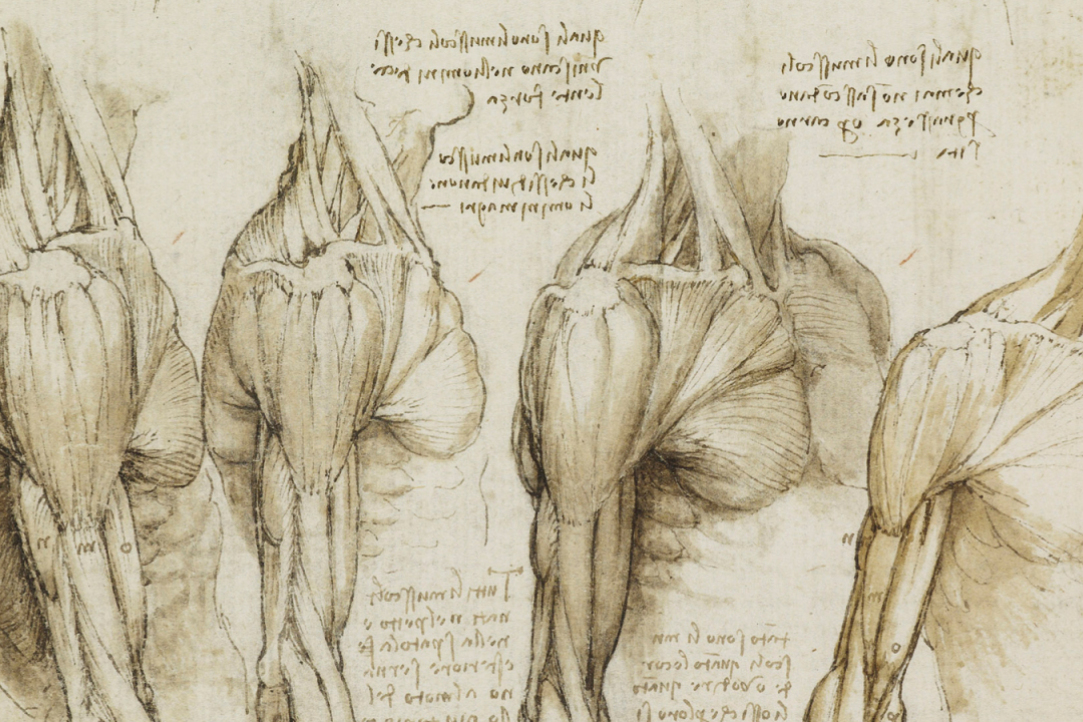
Donor Muscle Training Before Transplantation Expedites Rehabilitation Process in Patients
Researchers at the Institute of Cognitive Neuroscience of the Higher School of Economics have proposed to train transplanted muscles in advance with new movements so that the brain can learn to use them more quickly after autotransplantation. The results of the study on the prospects of this approach were published in the article ‘Perspectives for the Use of Neurotechnologies in Conjunction with Muscle Autotransplantation in Children’.
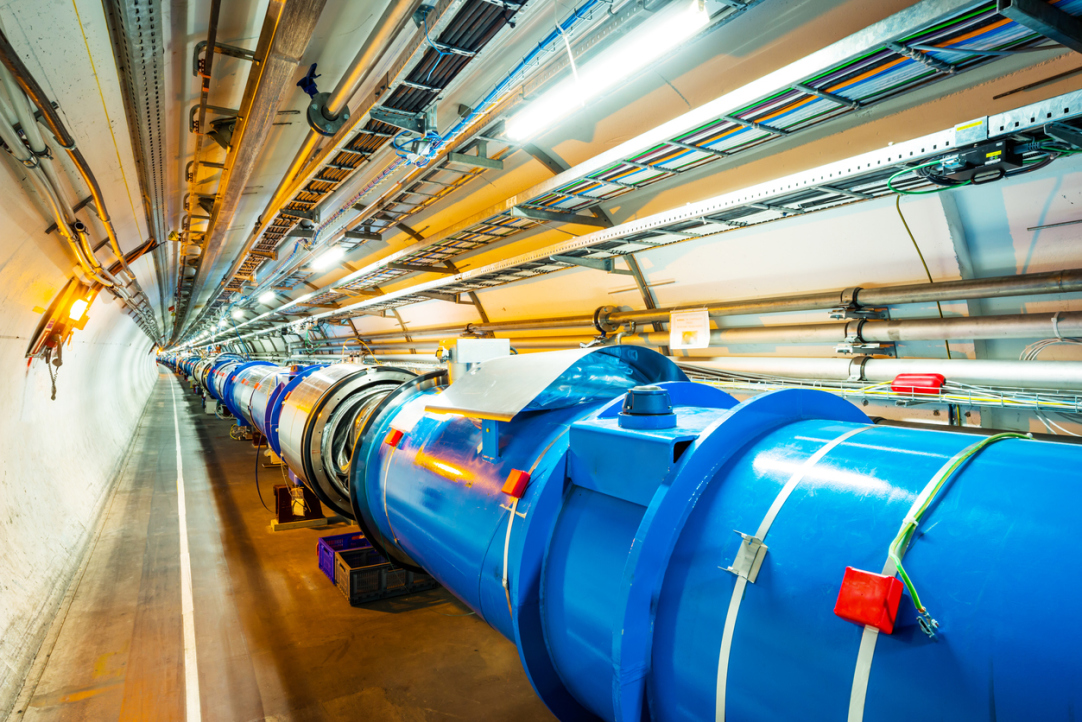
Artificial Intelligence Learns to Predict Elementary Particle Signals
Scientists from HSE University and Yandex have developed a method that accelerates the simulation of processes at the Large Hadron Collider (LHC). The research findings were published in Nuclear Instruments and Physics Research Section A: Accelerators, Spectrometers, Detectors and Associated Equipment.
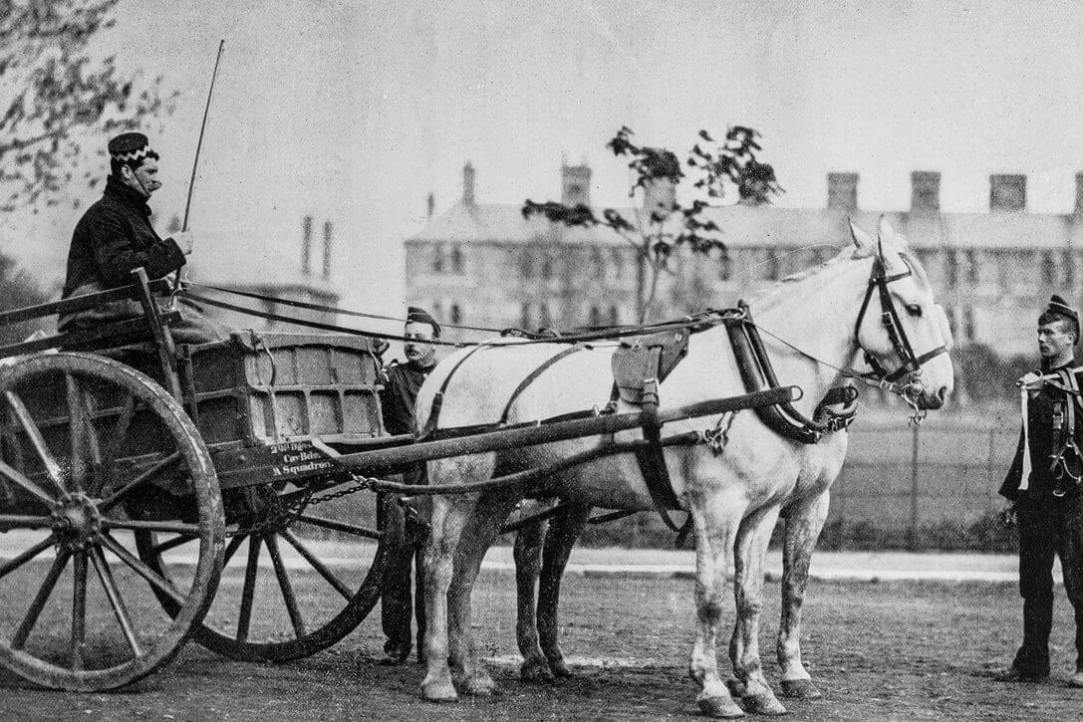
On Autopilot: How Self-driving Vehicles Fit into the Legal Landscape
IQ.HSE continues its series of HSE* expert reports on the legal regulation of new technologies. The first article in the series dealt with artificial intelligence. Today’s article looks at self-driving vehicles.

